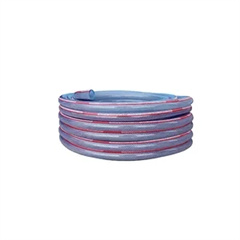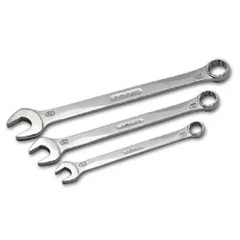The right lawn mower for you depends on several factors, including the size of your lawn, your physical capabilities, your budget, and personal preferences. Here are some common types of lawn mowers and their suitability for different situations:
- Push Reel Mower:
- Suitable for: Small lawns with relatively even terrain.
- Pros: Environmentally friendly, quiet, low maintenance, great exercise.
- Cons: Not ideal for tall or very thick grass.
- Gas-Powered Walk-Behind Mower:
- Suitable for: Medium to large lawns.
- Pros: Powerful, suitable for various grass types, self-propelled options available.
- Cons: Noise, emissions, requires regular maintenance (oil changes, spark plug replacement), can be heavy.
- Electric Walk-Behind Mower:
- Suitable for: Small to medium lawns.
- Pros: Quiet, environmentally friendly (no emissions), lower maintenance compared to gas mowers.
- Cons: Limited by cord length (corded models), battery life (cordless models), may not handle tall or thick grass well.
- Riding Lawn Mower:
- Suitable for: Large lawns and properties with several acres of grass.
- Pros: Saves time and energy, suitable for large areas, various attachments available (mulching, bagging, etc.).
- Cons: Expensive, takes up storage space, maintenance required for engine and other components.
- Zero-Turn Mower:
- Suitable for: Large, open lawns with obstacles (trees, flower beds, etc.).
- Pros: Maneuverable, fast, precise, suitable for professional use.
- Cons: Expensive, not necessary for small or obstacle-free lawns.
- Robotic Lawn Mower:
- Suitable for: Small to medium lawns with relatively simple layouts.
- Pros: Low maintenance, autonomous operation, quiet, gradual grass trimming.
- Cons: Initial cost can be high, may struggle with complex layouts or tall/thick grass.
When choosing a lawn mower, consider the following factors:
- Lawn Size: Choose a mower that can efficiently cover your lawn without causing fatigue or requiring excessive time.
- Terrain: If your lawn has slopes or uneven areas, consider a mower with appropriate power and maneuverability.
- Physical Abilities: Make sure you can comfortably handle the mower. Self-propelled or assisted mowers can be beneficial for those who find pushing heavy mowers difficult.
- Budget: Set a budget and explore options within that range. Remember that certain features and capabilities might come at a higher cost.
- Maintenance: Consider how much time and effort you’re willing to invest in maintaining the mower, including oil changes, blade sharpening, and other upkeep.
- Environmental Concerns: If you’re environmentally conscious, electric mowers or manual reel mowers might be more appealing due to their lower emissions and energy usage.
- Attachments and Features: Some mowers offer additional features like bagging, mulching, or side discharge. Choose features that align with your lawn care needs.
Before making a decision, it’s a good idea to visit a local lawn and garden store, read reviews, and even seek recommendations from neighbors or friends who have similar lawn sizes and conditions.
























